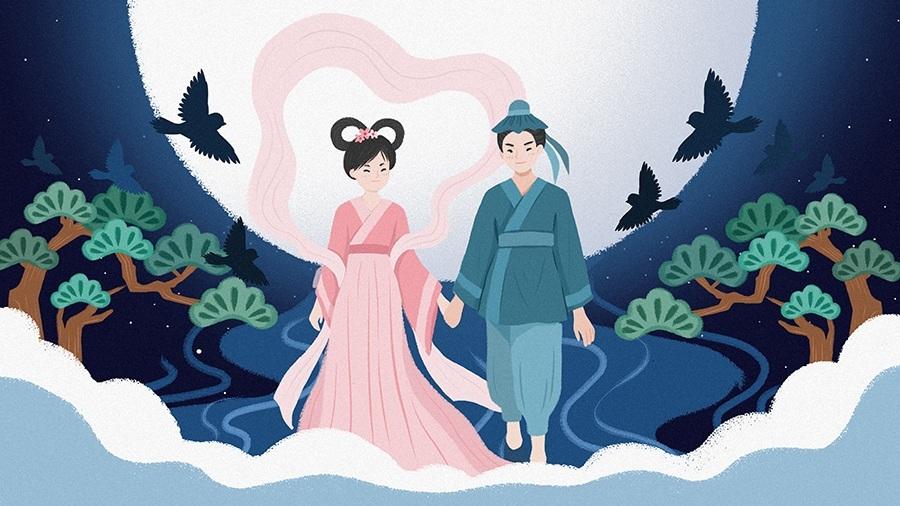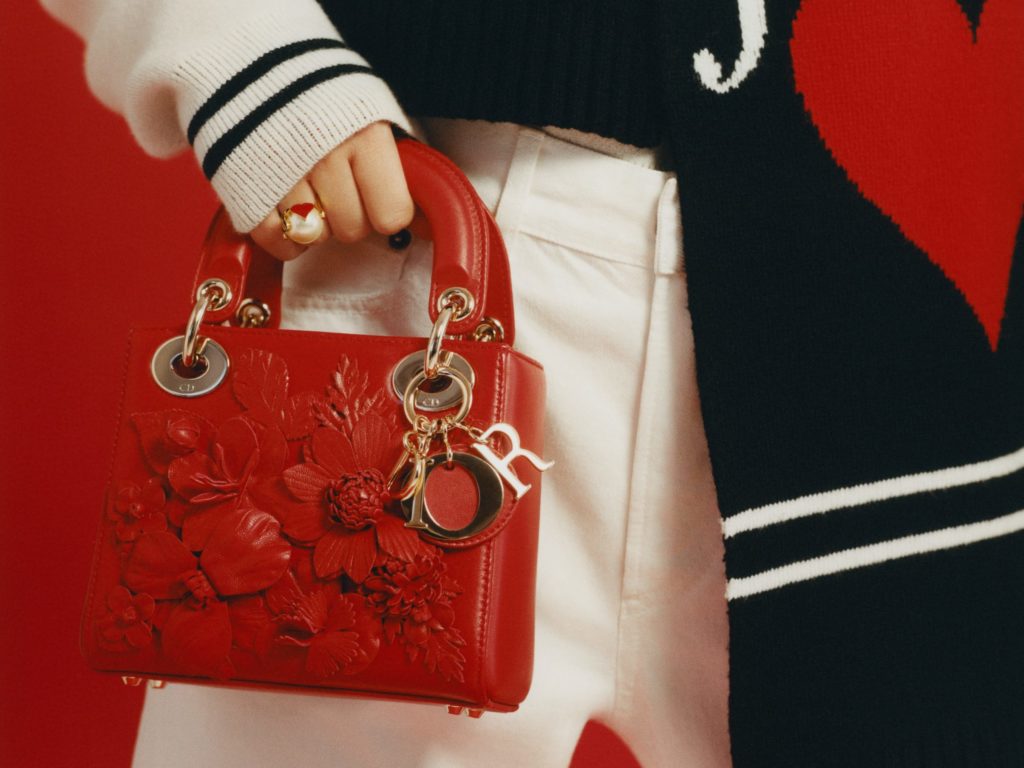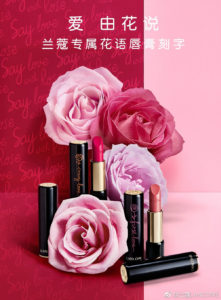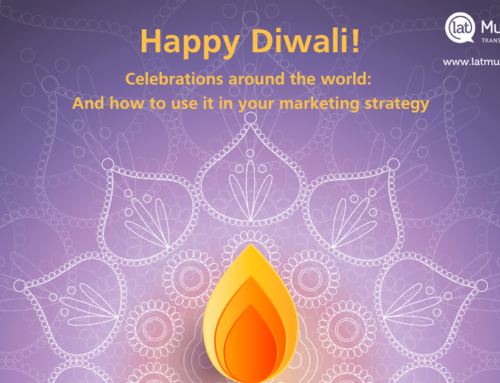What do a fairy goddess, an ox and a magpie have to do with love? In Chinese culture, plenty! They are all essential components of the legend behind Qixi Festival, commonly known as Chinese Valentine’s Day.
When is Qixi Festival or Chinese Valentine’s Day celebrated?
Held on the seventh day of the seventh month in the Chinese lunar calendar, Qixi (pronounced Chee-she in English) falls on August 25 in 2020. Because of the date, it’s also known as the Double Seven Festival and the Night of Sevens, but also as the Magpie Festival.
What is the Qixi (Double Seven) Festival?
Qixi has been celebrated since the Han Dynasty and the legend behind it is more than 2,000 years old. It celebrates the romantic legend of two star-crossed lovers, Zhinü and Niulang. According to legend, Niulang, a cattleman, saved the life of an ox. The ox returned the favour by helping him meet the beautiful Zhinü, a weaver. The two fell madly in love and married. However, Zhinü was not a mortal like Niulang, but actually a fairy goddess. When she decided to stay on Earth without permission to marry Niulang she incurred the wrath of her mother, the goddess of heaven, who made her leave Earth and return home.
Niulang was heartbroken and his friend, the ox, told him that after he died, Niulang should put his pelt on and fly to heaven to retrieve his wife. After the ox died, Niulang did exactly this. However, just before he reached Zhinu, her mother threw her silver hairpin at him, creating a swirling silver river – symbolizing the milky way – that would separate the young couple for eternity.
This heartbroken cries of the lovers, the legend says, inspired the Earth’s magpies to fly up to heaven and create a bridge over the Silver River so that the two lovers could reunite. Eventually, the goddess of heaven allowed the young lovers to meet on the “magpie bridge” – but only once a year, on the seventh day of the seventh month.
How do Chinese people celebrate?
Traditional Qixi activities include embroidery and paper cutting. There is even a tradition, inspired by Zhinu the weaver, where women thread needles in the darkness to demonstrate their dexterity. However, today’s modern Chinese lovers and couples commonly exchange gifts such as perfume, jewellery, flowers and chocolates. Qixi is also a popular day to get married.
Not unlike Valentine’s Day in western countries, companies have been quick to get on the commercial bandwagon. Given that gift giving is a theme, it’s not uncommon to see luxury brands roll out special limited edition products around this time.
For example, in 2019, Dior launched a special capsule collection of bags for Chinese Valentine’s Day that featured hearts, florals and plenty of red.
Beauty-related promotions are also popular, such as this example from Lancôme where they rolled out custom engraved lipsticks with various messages.
Over at Coach, their recent Chinese Valentine’s Day ad campaign smartly combined the old—traditional festival elements of paper cutting and magpies—with the new —their new limited edition purse!
Key takeaways
Traditional holidays provide a chance to connect with customers in unexpected ways. You could try launching a special Qixi-themed promotion, contest or online “flash” sale on WeChat. But if you do, don’t go it alone. Make sure you work with a team that understands Chinese cultural nuances and can help present the message in a way that resonates with your consumers.
With over 2 million Chinese residents in Canada and almost 4 million in the United States, reaching Chinese locals is a great way to boost your brand awareness and sales. Contact us to brainstorm campaign ideas and make your Chinese customers fall in love — with your product or service!


















